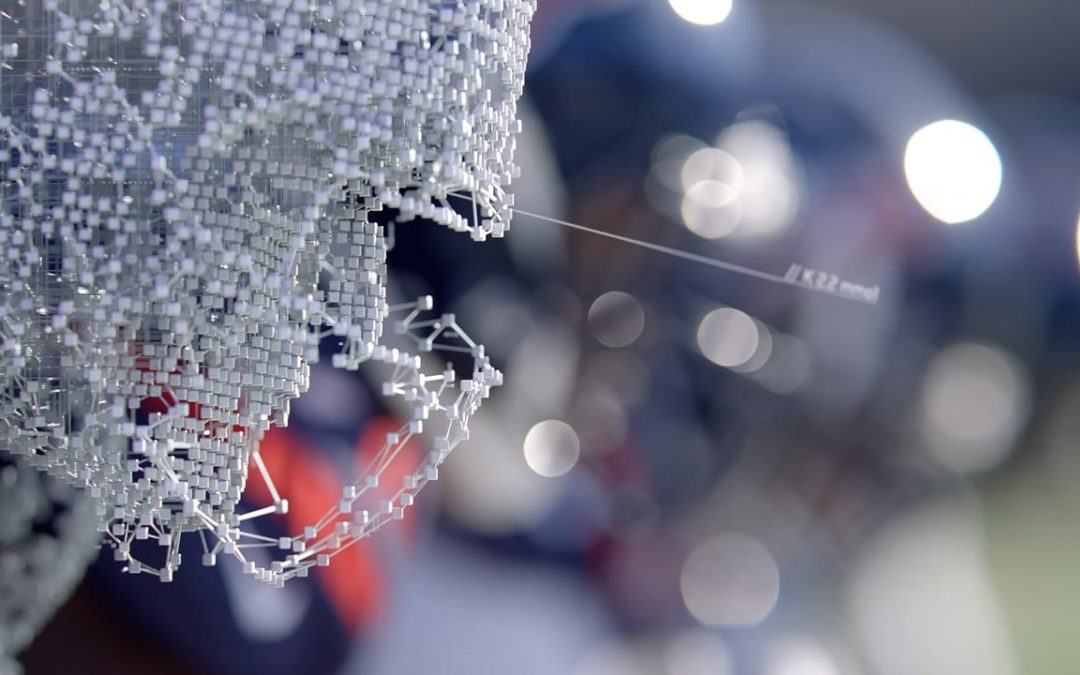
by Don Basile | Nov 18, 2016 | Sports, Tech
Gatorade is more than just a beverage that makes TV athletes sweat blue. The brand has long been associated with sports, science, and wellness, as is evidenced by the Gatorade Science Sports Institute. The Institute and its newest satellite lab in Florida are proof of Gatorade’s continued dedication to athletic innovation.
The Gatorade Sports Science Institute (GSSI) was founded in 1985 with the mission of “helping athletes optimize their health and performance through research and education in hydration and nutrition science.” In partnership with researchers and universities, they study the effects of nutrition on athletes before, during, and after exercise.
So, what have they been up to since foundation 31 years ago? GSSI has researched exercise, nutrition, and sports equipment using the latest tools in physiology, biochemistry, and sensory response. Their results have led to superior formulations in taste and functionality. GSSI has also partnered with physicians, scientists and athletic trainers to establish a Field Testing Program to study the effects of electrolytes on athletic performance.
In other words, GSSI scientists study and develop sports nutrition and hydration. This translates to improved Gatorade products and a wealth of scientific findings to back them up.
GSSI has expanded beyond its headquarters in Barrington, Illinois in recent years, having opened up satellite labs in the UK and most recently, Bradenton, Florida. Some lucky media insiders were able to get a tour of the Florida satellite lab at IMG Academy just this month, and their account shows off the innovative work behind the scenes.
Sport Techie brings us exclusive photos and videos from the GSSI satellite lab, where they sampled new Gatorade products and the technology used by GSSI and its athletes. This included the BodPod, an air displacement plethysmography test that determines body composition for athletes of all ages; the Fuel Profile Test, which evaluates of how an athlete uses energy across a range of exercise intensities; and the Gx sports fuel customization platform, which includes a bottle with flip cap, pods with Gatorade formula and additional tech to provide athlete fueling recommendations.
GSSI shows the amazing ways in which sport technology can monitor our health and maximize athletic performance. Ultimately, their research should help athletes understand what their bodies need to keep healthy, strong, and moving.
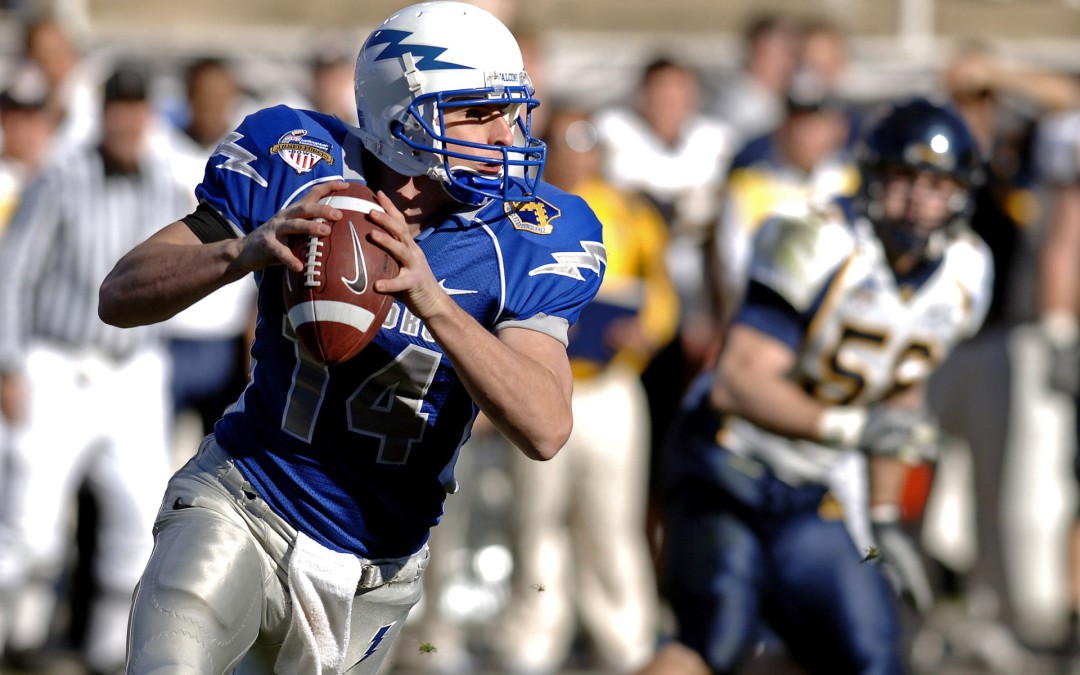
by Don Basile | Jan 19, 2016 | Sports, Tech
1. Zero1 Flexible Helmet
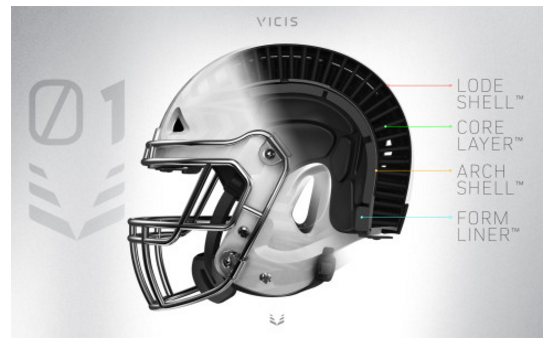
The high impact collisions that happen on every football play are often the equivalent, on the players skulls, of being hit in the head by a bowling ball dropped from a height of eight feet. When you think of it this way, it’s no surprise that 1 in 3 football players suffers from brain trauma during his career. What if there was a smarter helmet that could drastically reduce the amount of collisions that translate into concussions?
That’s exactly the goal of the Zero1 flexible helmet from Seattle company Vicis. Taking a cue from how automakers approach collision impact technology, the helmet features a multilayered approach meant to provide greater cushion upon impact than today’s helmets, which are mostly just plastic padded shells.
The Zero1 rethinks this approach with a middle layer comprised of hundreds of bendable polymer columns that act like shock absorbers. These columns transform from a straight line to a C shape and back again when hit, allowing them to slow the acceleration of force before it reaches the player’s head. Vicis’ CEO Dave Marker explained it to Wired like this: “Newton’s second law,” he says. “Force equals mass times acceleration. The mass of a player’s not going to change, but if you can slow acceleration—the “a” in the equation—you’re reducing force.”
Vicis currently doesn’t have any contracts, but it has received over $10 million in funding, and hopes to sell its helmets to NFL teams by next season. Aiming to reduce collision impact up to 50%, hopefully we’ll see the NFL embrace this huge helmet innovation immediately.
2. Zebra RFID Tracking Tech
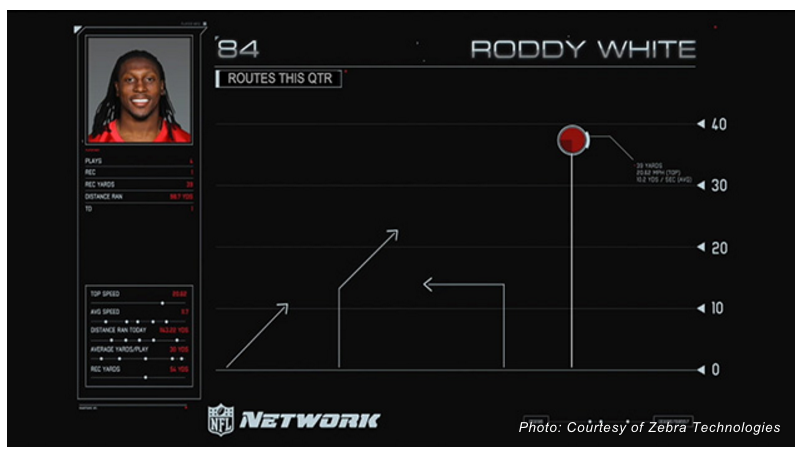
While football is the most watched sport in America, its use of sophisticated data analysis has notably lagged behind many other sports. From the huge size of the field to the intense physical contact of so many players at one time, figuring out the right way to obtain this data has been a huge hurdle. Better tracking could lead to a greater understanding of the game, and in turn, to smarter training strategies for winning teams.
Luckily a successful tracking system finally seems to be emerging for the NFL. An RFID tracking system from Zebra Technologies was tested in 18 stadiums last season. This season the NFL will use Zebra on all 32 teams.
So how does Zebra work? Two trackers embedded in the players’ shoulder pads have radio frequency identification sensors (RFID) that can track the speed, acceleration and position of individual players—up to 25 times a second! This new granular level of tracking will allow teams to better assess player performance based on actual play speed instead of old metrics like 40 yard sprints and height jumps.
Once teams figure out how best to analyze this new wave of data, we can expect to see coaches making even more tailored, customized training plans for individual players based on their strengths and weaknesses. This technology will ultimately enable NFL players to play smarter, not harder.
3. Gatorade Smart Cap Hydration
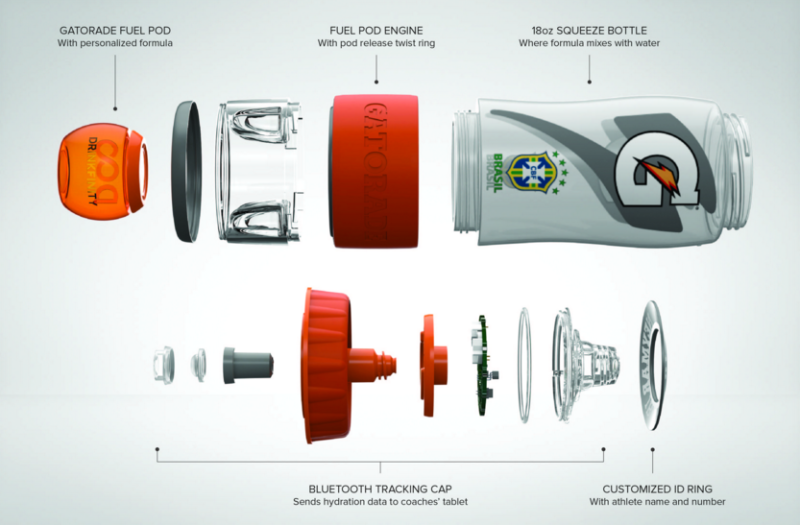
Gatorade has been working on developing a “smart cap” bottle capable of tracking individual players’ hydration levels, sweat and sodium loss, and how much he needs to drink for optimal performance. Based on these individual needs, Gatorade will develop 12 different “fuel pods” that can be added to the bottle to optimize speedy recovery with specific levels of sodium and electrolyte replenishment.
Gatorade is currently testing its new technology on various sports teams, including the Kansas City Chiefs. While they’re still ironing out the wrinkles, we can expect to see this hydration customization arriving on a larger scale in the near future. It only makes sense in a data driven world for that level of precision to extend to what and how athletes are drinking.




